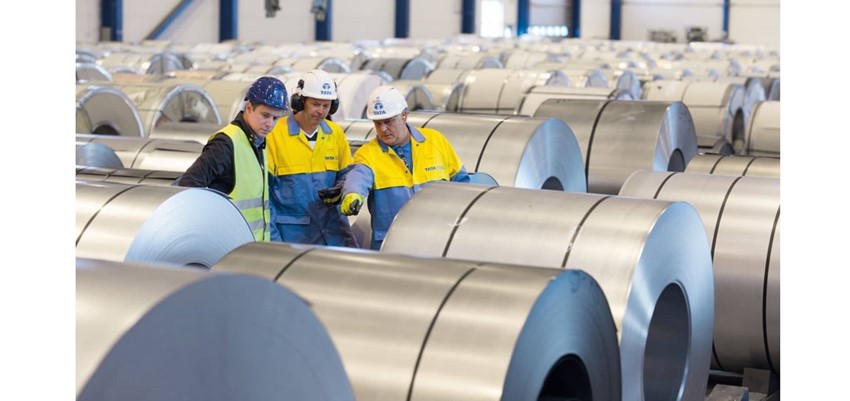Multinational Tata Steel was recently recognized among the top 10 most attractive employer brands in India, a recognition it has earned for the second consecutive year. The reasons were compelling, their employees had high trust, integrity, growth and care.
According to a global study compiling the views of more than 1,63,000 respondents from 31 countries, the Indian workforce considers work-life balance (63%) as the most important factor when choosing an employer. This is followed by attractive salary and benefits (60%) and a good reputation of the organization (60%).
In addition, Tata Steel recently introduced several pioneering policies, practices and initiatives for various segments of the workforce, such as the incorporation of transgender people and women in major mining operations. The multinational has been constantly innovating and pioneering people practices in the areas of recruitment, engagement, diversity and inclusion, rewards and recognition, and performance management. Tata Steel also implemented trend-setting policies such as extending benefits to LGBTQ+ associates, agile work models and extended maternity leave to create a workplace conducive to all diverse groups.
Tata Steel’s Vice President, Human Resource Management, Atrayee Sanyal, said, “We are delighted to be listed among the top 10 most attractive employer brands in India. At Tata Steel, we strongly believe in fostering teamwork, nurturing talent and enhancing leadership capabilities. Our policies and initiatives focused on diversity and inclusion, agile workforce and many others are guided by the philosophy of putting people first, always. That is why we will continue to prioritize the safety, health and well-being of our employees and continue to support them through innovative human resources policies.”
Tata Steel has, over the past 115 years, become one of the most employee-friendly companies in the world and is known for setting industry standards in the field of human resources. The company has been a pioneer in employee wellness plans and community initiatives, even before legislation mandated them. Some of these include the 8-hour working day, paid leave, Workers’ Provident Fund Scheme, all of which were adopted by the International Labor Organization and enacted into law in India.











